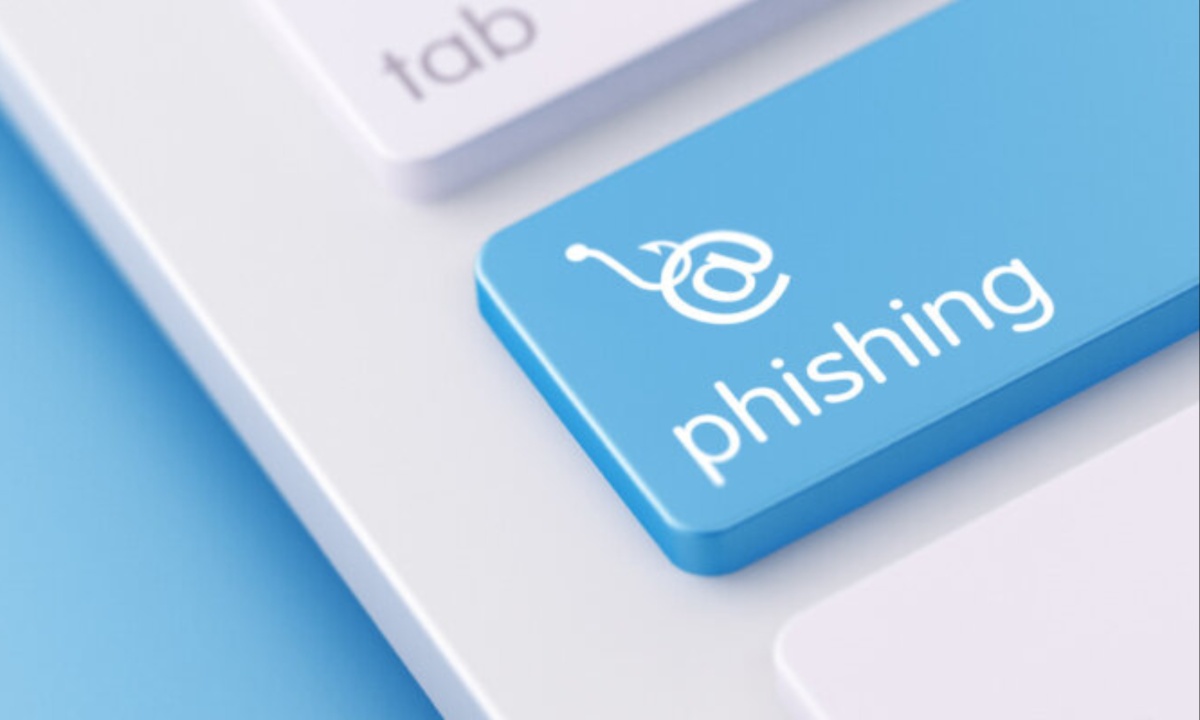Phishing attacks remain a persistent threat across various industries, with cybercriminals using deceptive emails that imitate trusted brands. Their primary goal is to trick users into revealing sensitive information or downloading malware.
A multi-year survey by Cofense highlighted that phishing campaigns often spoof well-known companies, with Microsoft being the most frequently impersonated brand. These attacks exploit the trust users have in recognizable names, making the phishing attempts more convincing and successful.
According to Cofense, 92.87% of phishing emails in their study targeted Microsoft users, underscoring the scale of these attacks. Other brands like Adobe and webmail services were also targets but to a much lesser extent, representing 3.53% and 1.62% of phishing emails, respectively.
The overwhelming focus on Microsoft-related phishing highlights the need for heightened security awareness among users who interact with Microsoft’s products and services.
Phishing emails impersonating Microsoft are highly adaptable, often mimicking notifications about Multi-Factor Authentication (MFA), shared documents, or other common Microsoft services.

Phishing Attacks Target Microsoft Users as Cybercriminals Exploit Trusted Brands Across Industries
This adaptability makes these phishing attempts particularly dangerous, as users are accustomed to receiving these types of legitimate emails. In industries like finance and insurance, Adobe also ranks high as a spoofed brand, given the frequent use of document-sharing platforms for signatures and contracts.
Microsoft and Adobe continue to dominate the list of most impersonated brands in sectors like manufacturing, mining, and retail. However, in these industries, logistics companies such as DHL and Canada Post are also common targets due to the nature of their operations.
Attackers focus on supply chain vulnerabilities, making phishing emails related to deliveries and shipments particularly effective. Even niche industries like real estate, utilities, and healthcare are not immune, with attackers frequently impersonating platforms like Dropbox and Docusign to exploit file-sharing practices.
The common theme across all these sectors is the ease with which phishing emails can imitate legitimate messages from familiar companies. Whether in healthcare, where patient data is targeted or in transportation, where logistics emails are spoofed, these attacks rely on users’ trust in recognizable brands.
To combat these threats, organizations and individuals must scrutinize unexpected emails, looking out for suspicious links, unfamiliar senders, and unusual requests for personal information to prevent falling victim to phishing scams.








































